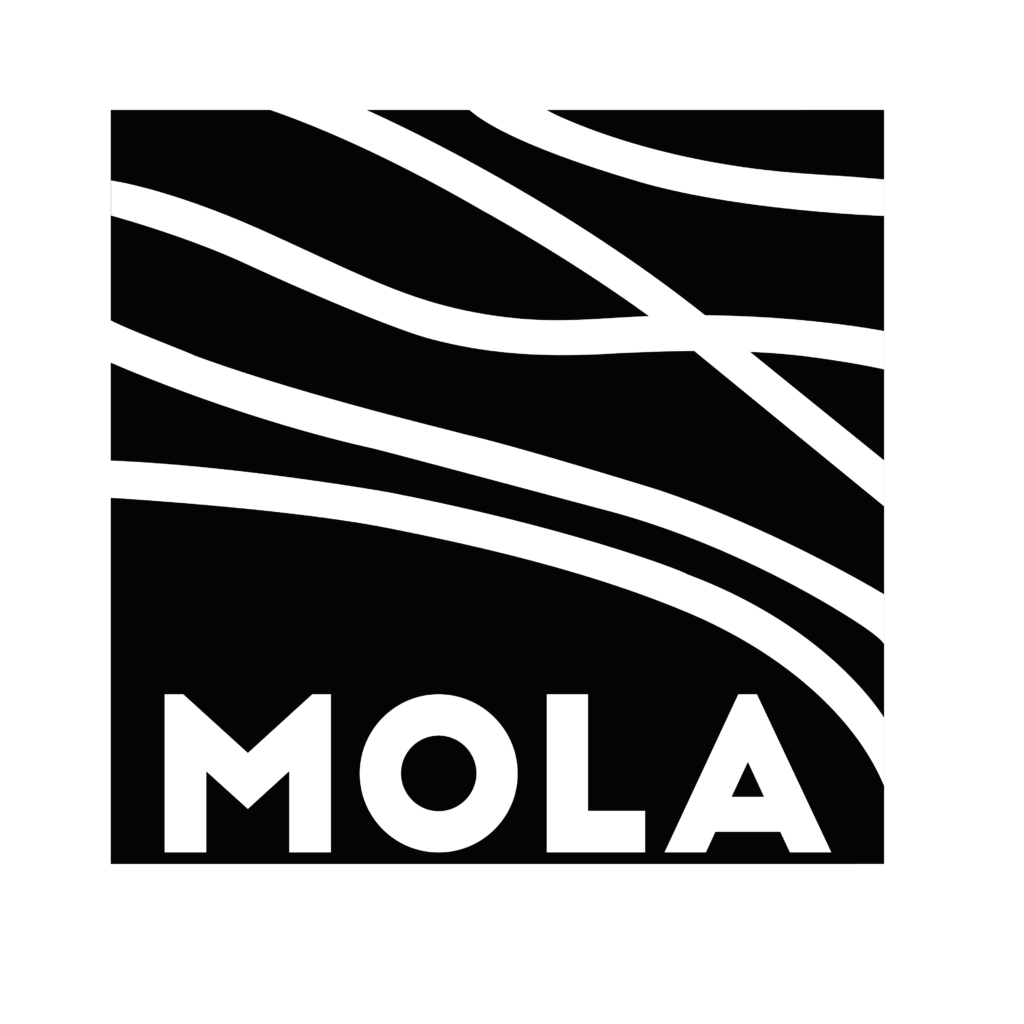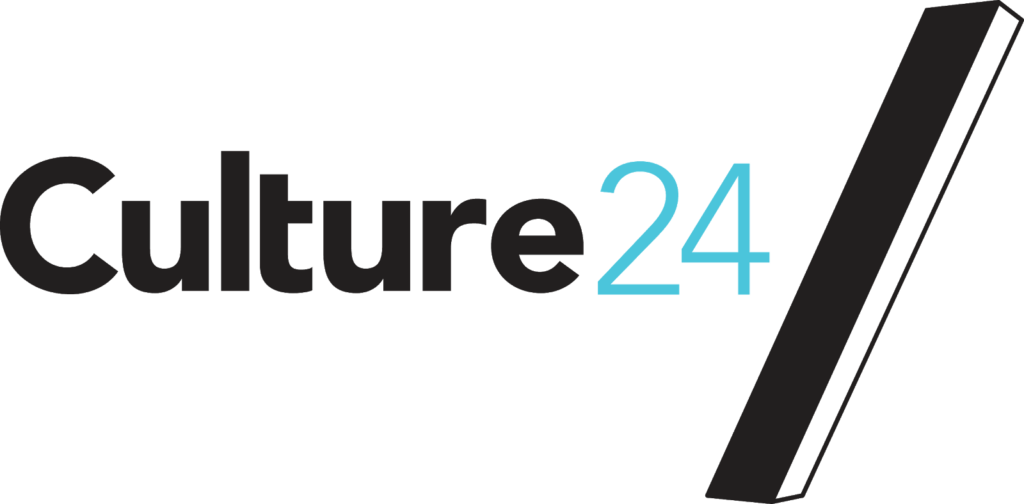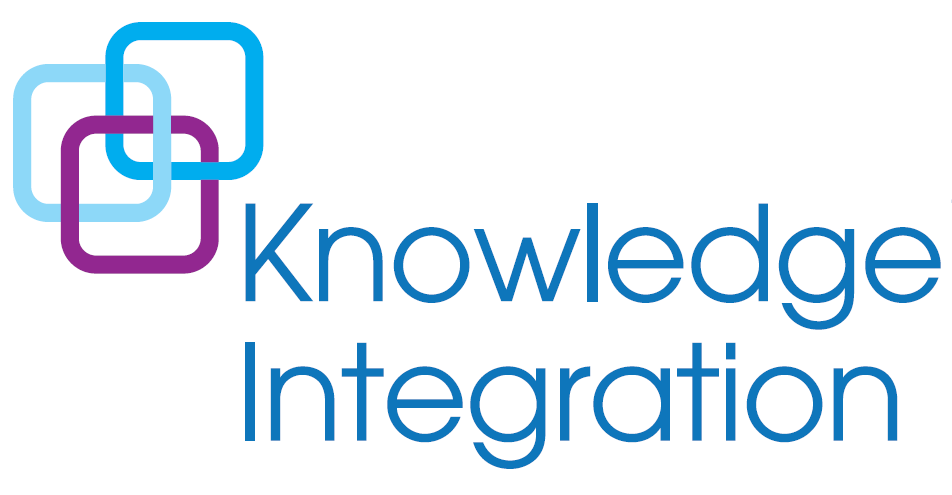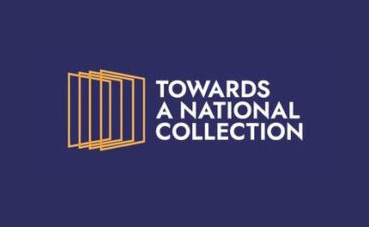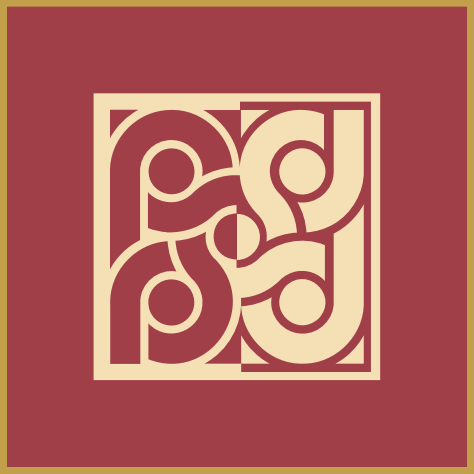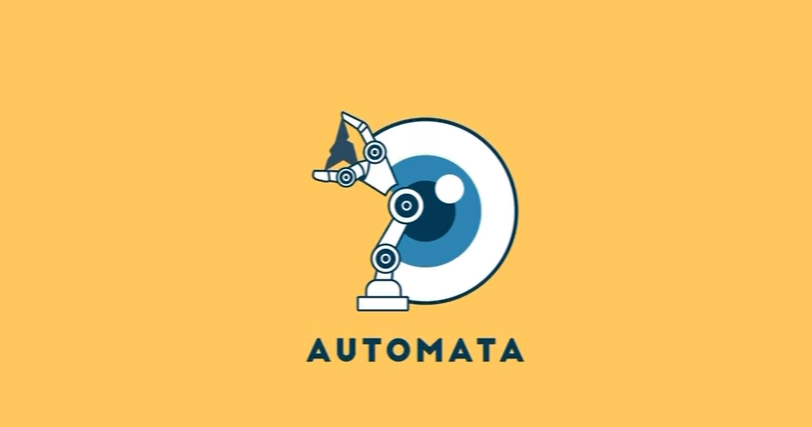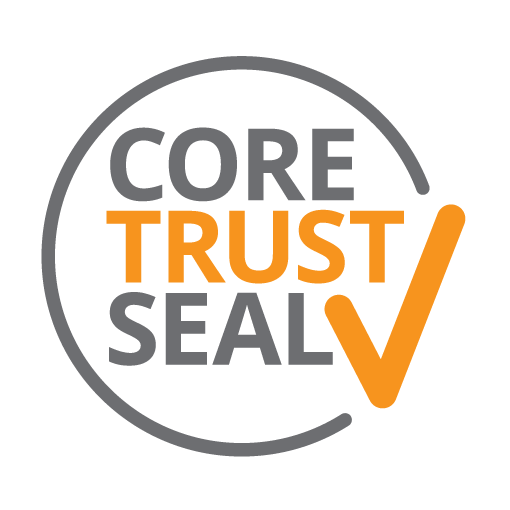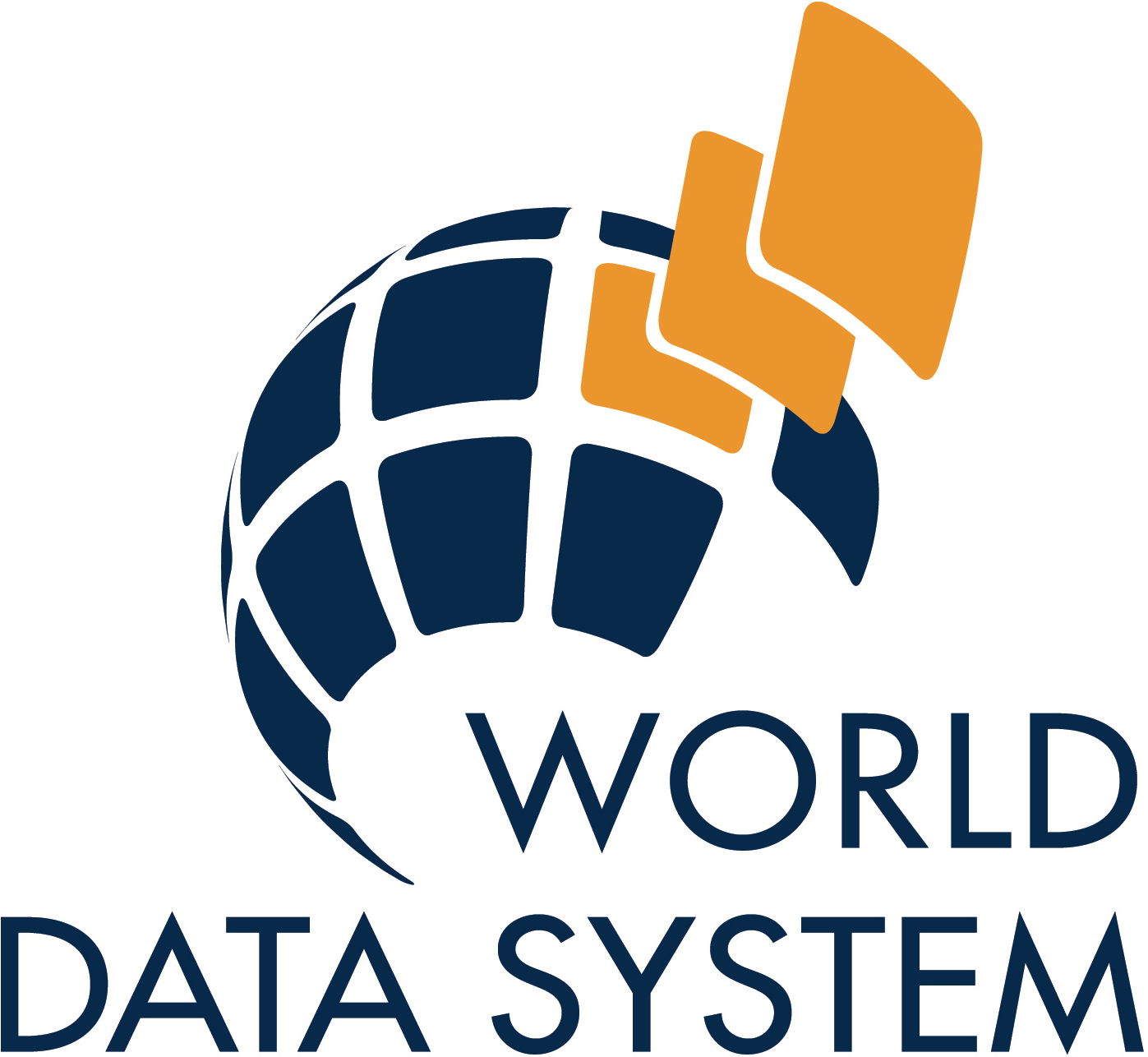Understanding the lockdown ‘digital divide’ and the implications for the development of UK digital infrastructures
This project responds to challenges faced by smaller museums struggling to engage online with audiences during lockdown, and beyond. Problems include: low levels of basic digital literacy; poor understanding of audiences (including those with specific access needs); uncertainty over how to transfer real-world interpretive practice to the digital realm; lack of guidance about technical solutions; barriers to future-proofing digital assets in line with the FAIR data principles (data should be Findable, Accessible, Interoperable and Reusable); and shoestring budgets.
This project will follow 6-8 smaller museums navigating these challenges, reporting back to the wider museum sector. Through critical evaluation of current practice in microcosm through online workshops, and a technical gap analysis, the project will draw scalable lessons to inform Towards a National Collection’s (TaNC) discovery phase, and AHRC’s infrastructure planning.
The project will create a community of practice that will (through sector-wide dissemination) extend beyond the immediate participants to museums across the UK. The core cohort will receive training, mentoring and technical support to develop digital collections-focussed content to stay connected with existing audiences, and reach new audiences. Technical support will, as appropriate, pilot solutions (based on integration of existing tools) and demonstrate how a fully-developed infrastructure for cultural heritage data, when coupled with digital skills support, might benefit even the smallest museums, as well as well-resourced and digitally-savvy IROs. This community of practice will explore prototype solutions for user-group testing, that respond directly to emerging challenges, informing the TaNC discovery process.
Research Plan
The project will undertake research with a cohort of staff and/or volunteers from small museums, who will create online content based on their collections. The methodology is built around the Let’s Get Real collaborative action research approach developed by Culture24 over a number of previous projects, but adapted for delivery online in a time of home-working and social distancing. The hallmarks of the approach are:
- Learning from others – including a variety of voices and perspectives from within and beyond the cultural sector, to inform, support, guide and reflect on the challenges at hand.
- Learning by doing – encouraging practical action research and supporting participants to experiment in the context of their everyday work, testing out hunches developed through collaborative discussions.
- Learning together – creating a community of supportive peers with a shared sense of purpose, turning them into invaluable sources of understanding for the wider cultural heritage sector.
As well as the core collaborative action research, the study will include a socio-technical challenge: as the participants encounter difficulties along the way, the project team will respond where possible and prototype simple tools that demonstrate how a fully developed infrastructure might support even – perhaps especially – the smallest and least resourced museums.
Remote participation and interaction are likely to be a characteristic of collaborative research for some time, and this project will prioritise and reflect on this aspect of research practice. While technically challenging, online interaction can produce agile and responsive interactions. The benefits of immediacy and contact, however, are often outweighed by a lack of insight into ‘good’ interaction patterning. For example, the adaptation of the face-to-face Let’s Get Real methodology for online collaboration requires a clear focus on the affordances of the communication technology, alongside the group dynamics. Similarly, assessment of the consequences and impact of the methodology requires a form of reflective interactional analysis.
The study will conclude with a critical evaluation of the experiences of all involved, and – through a gap analysis – reflect on the implications for AHRC’s Towards a national collection programme and the longer-term planning of research infrastructure. By considering a fully-rounded picture of the digital problems faced by small museums, the project will reveal insights into the scope and nature of the national infrastructure challenge, likely to be missed with the current focus on well-resourced IROs.
Partners
- University of York
- MOLA (Museum of London Archaeology)
- Culture24
- The Collections Trust
- The Audience Agency
- Intelligent Heritage
- Knowledge Integration
Eight small museums selected to take part in Making it FAIR
Earlier this year, small museums were invited to apply to join Making it FAIR, a collaborative learning project exploring digital content and storytelling with collections.
The number of responses was extremely high, but the following eight museums were finally selected to participate in the project:
- Foxton Canal Museum, Market Harborough, Leicestershire
- Gawthorpe Textiles Collection, Burnley, Lancashire
- Museum of Military Medicine, Aldershot, Hampshire
- Museum of Scottish Railways, Bo’ness, West Lothian
- Somme Museum, Newtownards, County Down
- Spelthorne Museum, Staines, Surrey
- Tenby Museum, Tenby, Pembrokeshire
- Wiltshire Museum, Devizes, Wiltshire
These museums are already receiving training, mentoring and technical support to develop digital collections-focussed content that will help them stay connected with existing audiences and reach new audiences.
